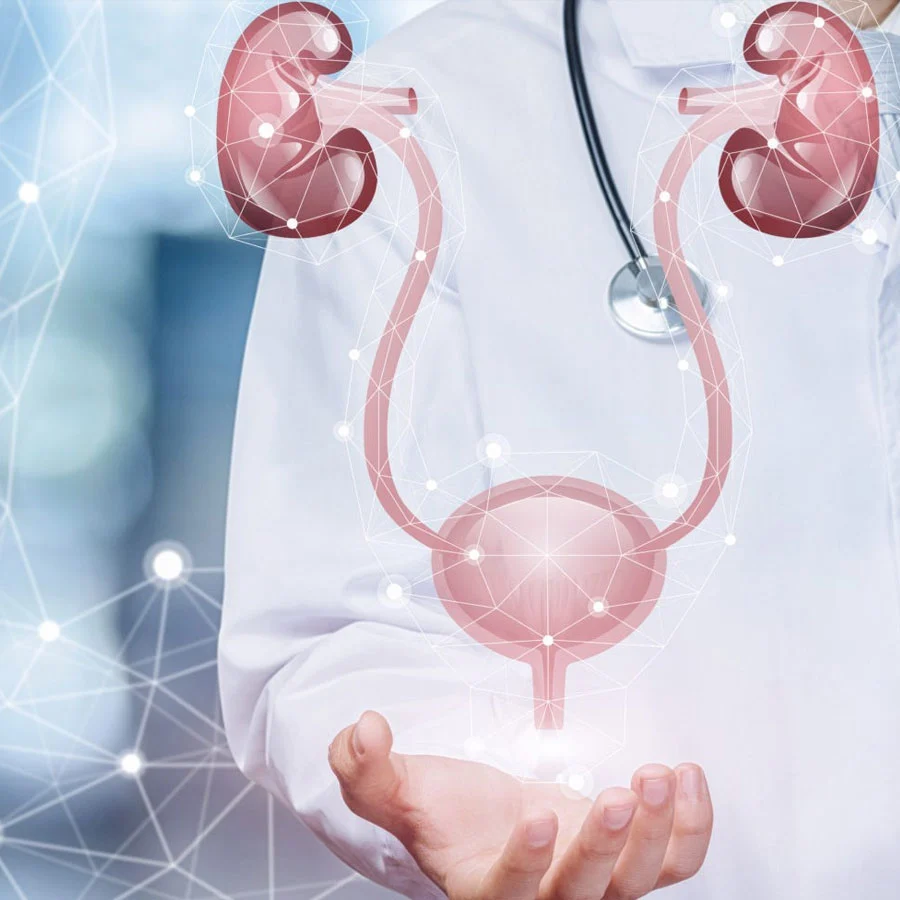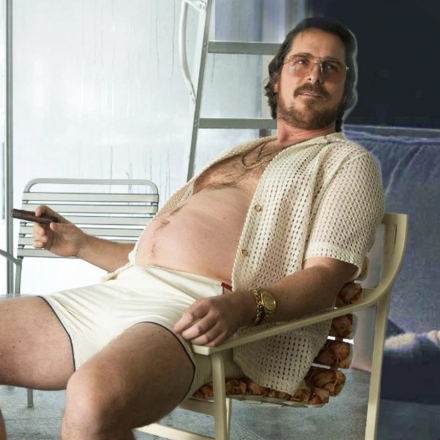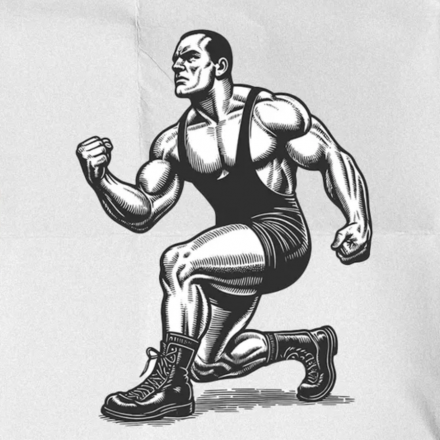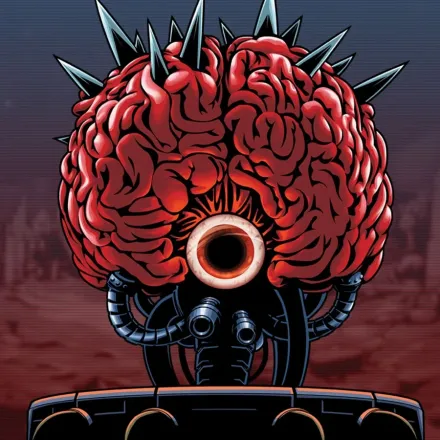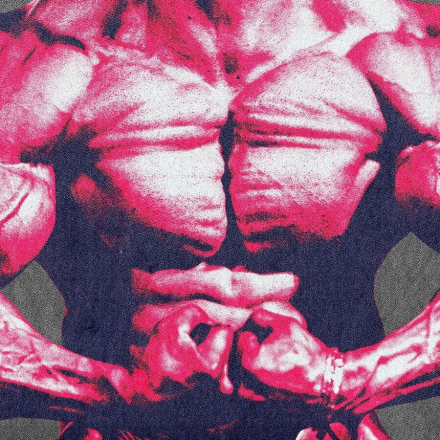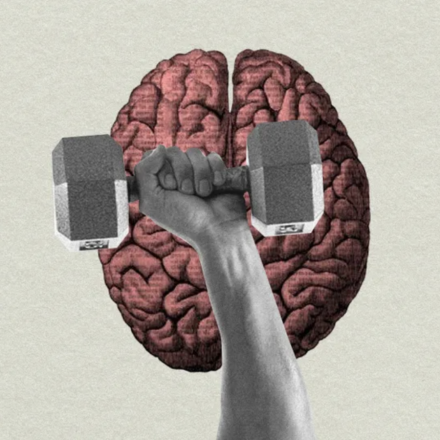Not every man thinks about his health until serious problems arise. However, ignoring regular visits to the urologist is like leaving a broken engine without repair: sooner or later, it will fail. Even if nothing hurts and your intimate life is fine, it doesn't guarantee that everything is in perfect shape with your body.
BPH (benign prostatic hyperplasia) is an issue that most men face after the age of 25. The prostate begins to enlarge, which is completely natural with age. However, if its size exceeds the normal range, it can lead to unpleasant consequences, such as urination problems or bladder stones. Timely screening helps avoid serious complications.
Equally important is asymptomatic prostatitis. This disease develops without pain or inflammation but can cause chronic issues, such as prostatic hyperplasia as men get older. The problem is that prostatitis can only be discovered by chance, for example, when a couple is struggling to conceive. The earlier the issue is discovered, the easier it is to address.
Varicocele, or varicose veins in the spermatic cord, may develop without clear symptoms, but if not examined in time, it can lead to infertility or testicular atrophy. This is a serious condition that requires timely intervention.
Then there are hidden infections, such as HPV, chlamydia, or syphilis, which may not show symptoms for a long time but can seriously harm the body. For example, hepatitis destroys the liver, and syphilis can lead to not only blindness but also the complete loss of health if left untreated.
And, of course, there's the dreaded diagnosis of cancer. Problems with urination, blood in urine, or a tumor may be signs of cancer, but these symptoms don't always appear in the early stages. Regular screenings help detect the disease in its earliest phases, when the chances of a full recovery are much higher.
How Often Should You Get Screened?
After the age of 40, annual urological screenings are recommended, and after 50, twice a year. However, if you're young and have no complaints, that’s no reason to skip a check-up. Even in your 20s and 30s, it’s worth getting an initial check-up, especially if you've had previous issues with the urinary system.
Regular exams and tests may include:
- General blood and urine tests to detect inflammation.
- Prostate or testicular ultrasound.
- PSA blood test to detect tumors.
- Androflora screening to assess the state of your microbiota and prevent infections.
Don't wait for urination issues or erection problems to become inevitable. Time is your best ally, and regular visits to the urologist can be the key to a long and healthy future.

